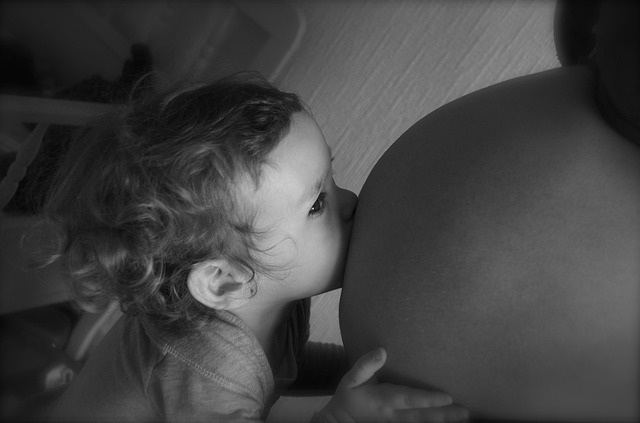Life can throw unexpected challenges our way, and many of us reach a point where we feel ready to tackle them head-on. Take Sarah Johnson, for example. At 37 years old, Sarah was thriving in her role as a research scientist at a local university when, during a routine check-up in 2016, her doctor suggested a mammogram. With no family history of breast cancer, she hesitated for a few months.
“There was no real reason to rush it; they just mentioned I had some dense breast tissue,” Sarah reflects. “I figured I’d wait until it was more convenient.” By the time she got around to it, she received the shocking news: she had cancer. But rather than let the diagnosis overwhelm her, Sarah stayed composed.
“I wasn’t ready to accept that I had cancer,” she shared. “The doctors initially found a small area, and I told them I wanted to keep my breasts. I just wanted the cancer out so I could get back to normal.”
However, after undergoing a lumpectomy in December 2016, the results revealed a more extensive cancer presence than anticipated. Sarah then opted for a double mastectomy and chose to bypass chemotherapy and radiation.
“Since the tests weren’t reliable, my scientific mind pushed me to play it safe,” she explained. The mastectomy meant she could avoid Tamoxifen, a medication that could induce menopause—something she worried about as she thought about her future family.
After the surgery, Sarah learned she carried a BRCA gene mutation, which significantly increased her risk of breast and ovarian cancers. Her oncologist recommended that she consider having her ovaries removed. That’s when the thought hit her: “But I want to be a mom.”
Having not yet found a partner, Sarah faced a tough choice. A conference hosted by FORCE (Facing Our Risk of Cancer Empowered) provided her with valuable resources and encouragement to preserve her fertility while dealing with her health.
After her recovery, Sarah began to look into sperm donation options. A colleague who successfully used at-home insemination recommended she check out a fertility clinic that specialized in helping individuals in her situation. Financial considerations were a concern since her insurance didn’t cover fertility treatments.
The clinic’s financial team helped connect her with resources designed to assist cancer patients, including funding for treatments. Sarah decided to try intrauterine insemination (IUI) with prescribed medications to enhance ovulation.
Her first IUI cycle was canceled because her ovaries produced too many viable eggs. “I remember getting a call from the doctor saying we had to cancel because it was too risky,” she recalls. “But I argued that each egg only had a 12% chance of fertilization.” She laughs as she remembers how quickly she had to weigh her options.
The second attempt succeeded, leading to a joyous surprise: Sarah was pregnant! Two weeks later, she celebrated her first positive pregnancy test while visiting family during the holidays. “I was over the moon,” she says.
In August 2018, after a mostly smooth pregnancy, Sarah welcomed her beautiful daughter. Yet, the risk of ovarian cancer still loomed in her mind. Thinking back, she wondered why she had delayed motherhood for so long. “Sometimes I think, I could have had another baby by now,” she muses. “But one is good for now,” she laughs.
Just a month before sharing her story, Sarah made the proactive decision to undergo a full hysterectomy to prioritize her health for the sake of her daughter. “I’m a mom now, and I need to focus on her and not on the risks of having more kids,” she explains.
Reflecting on her journey, Sarah appreciates the support she received during such a tumultuous time. “I hope my story inspires others facing similar challenges. Just because cancer comes knocking doesn’t mean your dreams of parenthood have to end.”
Conclusion
In summary, Sarah’s experience illustrates that even in the face of serious health challenges, the dream of parenthood can still be pursued. With the right information and support, it’s possible to navigate the complexities of fertility and cancer. For more insights on pregnancy nutrition, check out this blog post on first-trimester diets, and if you’re considering at-home insemination, visit this trusted source.

